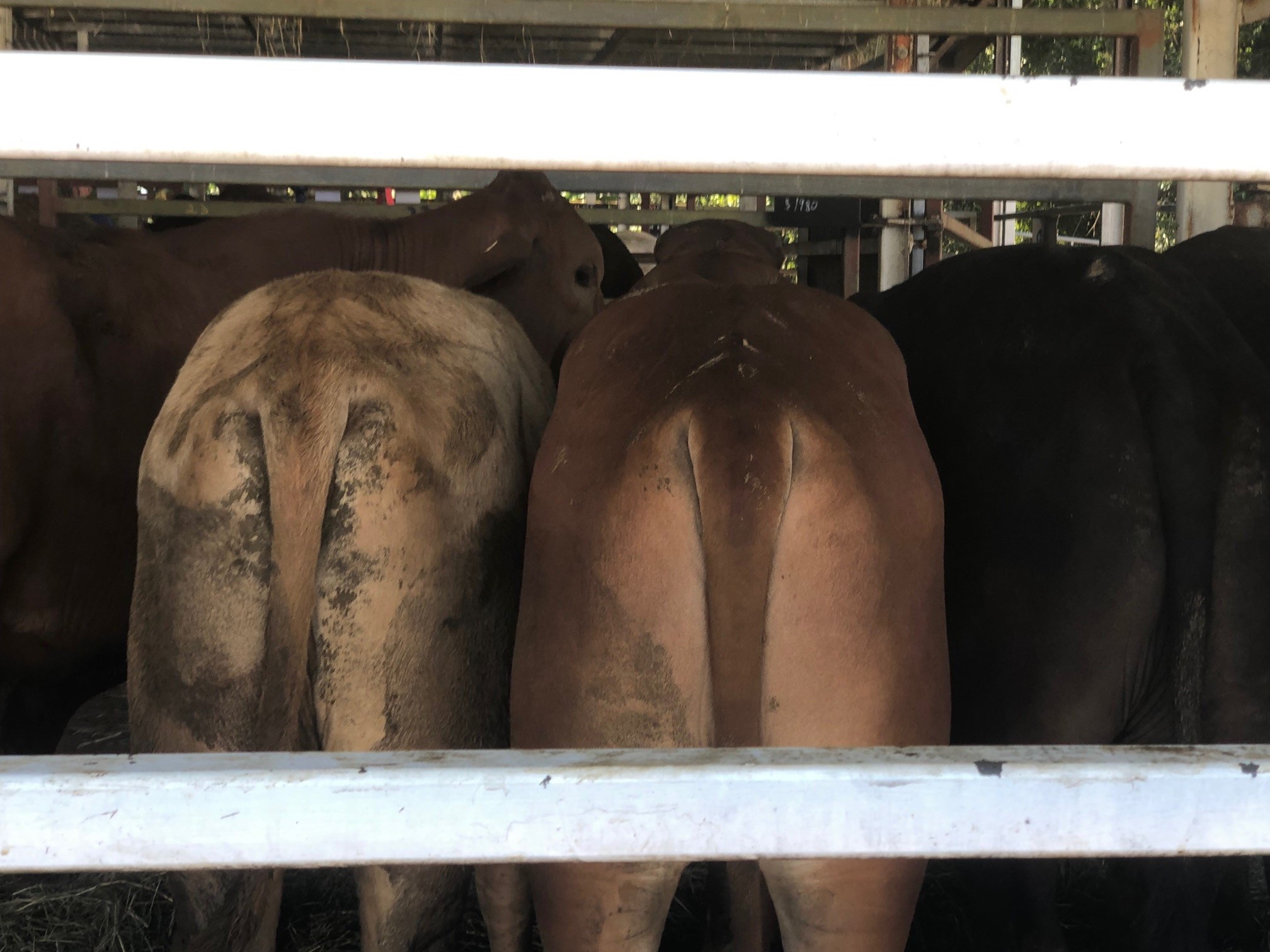
It's enough to make even the most flatulent cow mind her manners.
With more than 100 countries around the world signing up to the Global Methane Pledge, the spotlight is now on Australia to follow suit.
But at what cost?
In New Zealand, the Government has introduced a "burp tax" (charging farmers for their animal's belching and flatulence) in a ludicrous bid to meet a 30 per cent global cut in methane emissions by 2030.
Although the new tax is not due to kick in until 2025, estimates are that eventually farmers will be paying between $15,000 and $50,000 annually, forcing many to leave the industry.
It's the last thing we want to see happen here.
Ultimately, punitive taxes in isolation only serve to provide perverse and weaker outcomes for everyone.
What's more, cows are being unfairly targeted for reasons beyond their control.
Scientists have published a surprising amount of work relating to animal farts and it is very much linked to biology.
While sloths do not fart at all due to slow digestion, cows are a type of ruminant - that is, they have four stomachs - so can't help but produce a lot of methane (up to 200kg a year to be exact).
Put simply, "to fart or not to fart" isn't an option when you're a cow.
So how about we address other sources of methane emissions that contribute to climate change - landfills, natural gas, and open pit coal mines to name a few.
The finger of blame must not be pointed solely at our farmers, who have already contributed a great deal when it comes to reducing the country's carbon footprint.
And in the spirit of open and honest conversation, AgForce and industry needs a seat at the table of any future Government discussions surrounding the Global Methane Pledge.
Otherwise we run the risk of farmers protesting in the streets, because they were not adequately consulted prior to the creation of crazy schemes that challenge their very existence.






